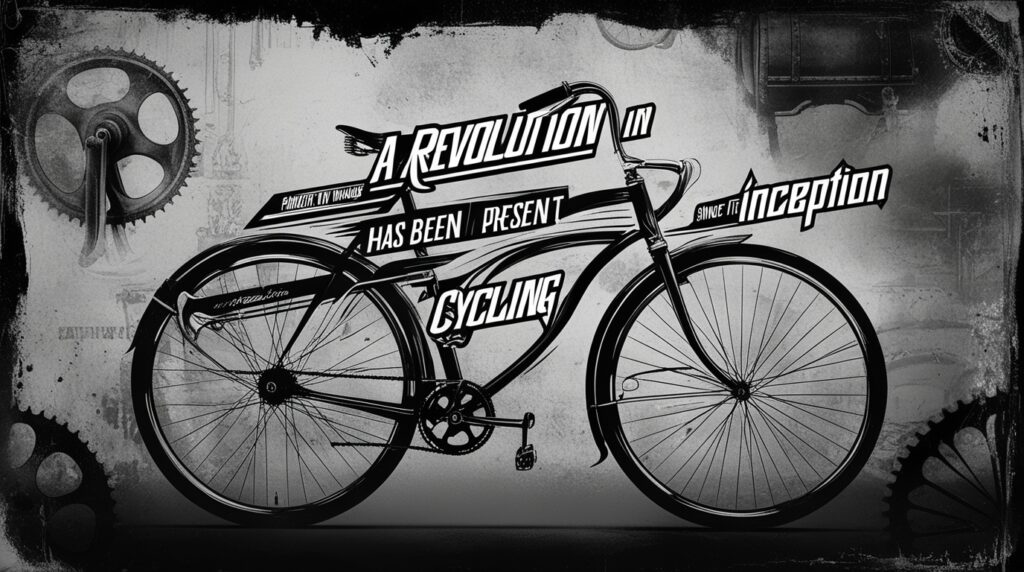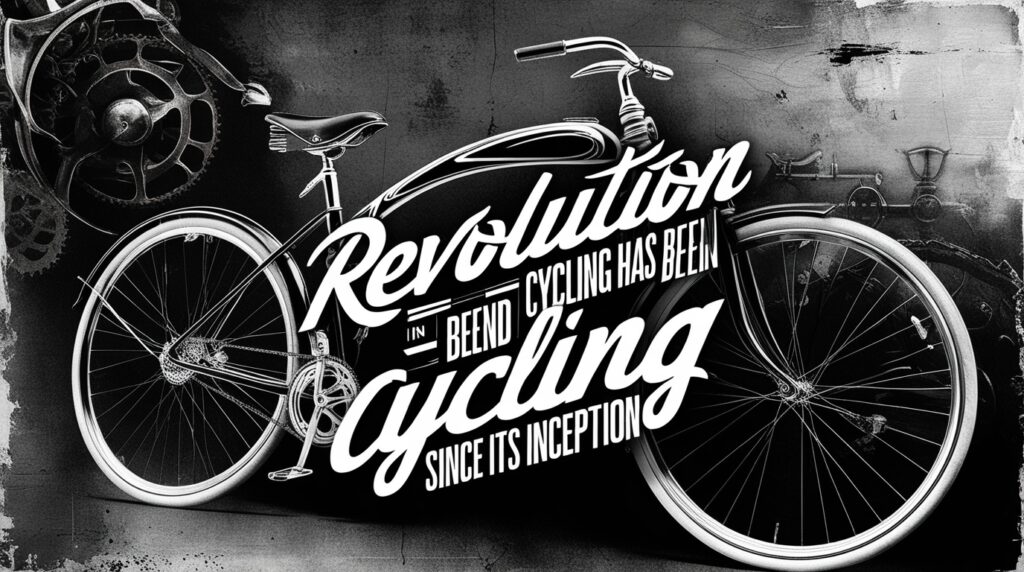
The world is undergoing a seismic shift in how we view and approach transportation. At the heart of this change lies the humble bicycle—a machine that has existed for over two centuries but is now at the forefront of a global revolution. This “cycle revolution” is not merely about switching from cars to bikes; it’s about reimagining urban spaces, prioritizing sustainability, improving health, and fostering a sense of community.

The Roots of the Revolution
Historically, bicycles were a tool of empowerment and practicality. From their invention in the early 19th century to the rise of bike culture in the 20th century, bicycles have symbolized freedom, independence, and innovation. However, the mid-20th century saw the dominance of cars, with cities designed around highways rather than bike lanes.
In recent decades, the tide has turned. Climate change, urban congestion, and rising health concerns have reignited interest in cycling. Governments, environmental groups, and citizens alike are recognizing the role of bicycles in combating these modern challenges.
Why the Cycle Revolution Matters
- Environmental Sustainability
The transportation sector is one of the largest contributors to greenhouse gas emissions. Shifting from motorized vehicles to bicycles can significantly reduce an individual’s carbon footprint. Bicycles produce zero emissions and require far fewer resources to manufacture and maintain compared to cars.
Cities that invest in cycling infrastructure often see a marked decrease in air pollution, contributing to healthier and more livable environments.
- Health and Well-being
Cycling is not just a mode of transport—it’s a form of exercise. Regular cycling improves cardiovascular health, strengthens muscles, and enhances mental well-being. In an era where sedentary lifestyles are linked to numerous health issues, promoting cycling can serve as a public health strategy.
Moreover, studies show that cyclists report higher levels of happiness and reduced stress compared to car commuters. The act of pedaling through open spaces connects people to their surroundings, fostering mindfulness and reducing anxiety.
- Economic Benefits
Cycling is an affordable means of transport. With rising fuel costs and the financial burden of maintaining a car, bicycles offer an economical alternative. Additionally, cities that embrace cycling often experience an economic boost. Local businesses benefit as cyclists are more likely to stop and shop compared to car drivers.
Infrastructure investments in bike lanes and cycling programs also generate jobs and stimulate local economies.
- Urban Transformation
The cycle revolution is reshaping cities worldwide. Amsterdam and Copenhagen, often seen as paragons of cycling culture, demonstrate how bike-friendly policies can transform urban landscapes. Dedicated bike lanes, parking facilities, and traffic-calming measures have made these cities more accessible, sustainable, and enjoyable.
Other cities, such as Bogotá, Paris, and Portland, are following suit. The implementation of bike-sharing programs, car-free zones, and “slow streets” initiatives signals a global shift towards prioritizing bicycles over cars.
Barriers to Overcome
Despite its numerous benefits, the cycle revolution faces challenges.
- Infrastructure Gaps
Many cities lack the infrastructure to support safe and efficient cycling. Busy roads, limited bike lanes, and inadequate parking deter potential cyclists. - Cultural Perceptions
In some societies, cycling is still seen as a recreational activity rather than a legitimate mode of transport. Changing these perceptions requires education and advocacy. - Safety Concerns
Traffic accidents involving cyclists are a significant concern. To encourage more people to bike, cities must prioritize safety through better infrastructure, stricter traffic laws, and public awareness campaigns.
The Future of Cycling

The cycle revolution is gaining momentum. Innovations such as e-bikes, cargo bikes, and smart cycling technologies are making biking more accessible and appealing. Governments are increasingly recognizing the importance of integrating cycling into transportation policies.
Furthermore, global movements like World Bicycle Day and initiatives from organizations like the United Nations and the World Health Organization highlight the critical role of cycling in achieving sustainable development goals.
Conclusion
The cycle revolution is more than a trend—it’s a transformative movement that addresses some of the most pressing issues of our time. By embracing bicycles, we can reduce our environmental impact, improve public health, and create more inclusive and vibrant communities.
As cities and individuals continue to recognize the power of the pedal, the future of transportation looks brighter, cleaner, and more human-centric. The revolution is here—let’s ride into it together.






